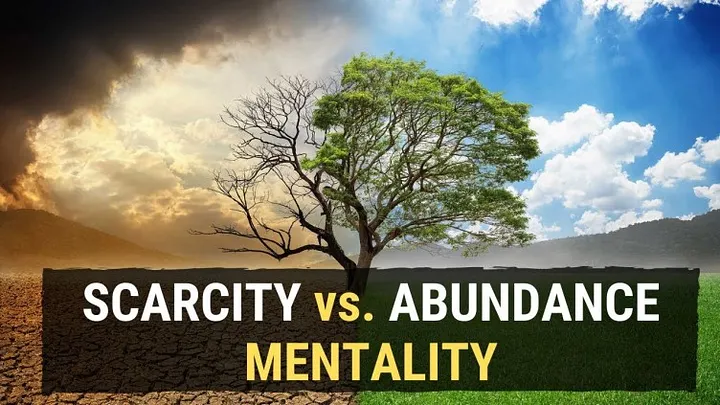
The Qur’an offers a clear ethical framework that rejects exploitative competition—especially when it breeds jealousy, artificial scarcity, or division—and instead upholds communal well-being, divine abundance, and mutual support. Here are the key principles grounded directly in Qur’anic verses and concepts:
1. Cooperation in Goodness, Not Rivalry in Harm
The Qur’an explicitly commands believers to cooperate in righteousness and piety, not in sin or oppression:
“Help one another in acts of righteousness and piety, but do not help one another in sin and transgression.”
— Surah Al-Ma’idah 5:2
This verse establishes that any system (including workplace culture) that encourages people to undermine each other for personal gain is contrary to divine guidance.
2. Competition Only in Good Deeds—Not Against One Another
While the Qur’an uses the language of “racing” (fastabiqu), it is always toward virtue, never against fellow humans:
“So compete with one another in doing good.”
— Surah Al-Baqarah 2:148
This is a collective striving for excellence in service, ethics, and contribution—not a zero-sum game where one’s success requires another’s failure.
3. Envy (Hasad) Is Spiritually Destructive
Creating environments where employees feel jealous or insecure mirrors hasad—a condition the Qur’an and Prophetic tradition strongly warn against. Though the word “hasad” isn’t always explicit in every verse, the ethic is clear:
“Do not wish for that by which Allah has made some of you exceed others.”
— Surah An-Nisa 4:32
Fostering jealousy as a management tactic violates this principle and corrodes the unity the Qur’an seeks to protect.
4. Divine Provision (Rizq) Is Vast—Scarcity Is Often Illusory
The Qur’an repeatedly affirms that Allah is Ar-Razzaq (The Provider) and that provision is divinely apportioned—not inherently limited by human systems:
“Allah extends provision for whom He wills and restricts [it]. And they rejoice in the life of this world, while the life of this world is but brief enjoyment compared to the Hereafter.”
— Surah Ar-Ra’d 13:26
Moreover, rizq includes not just wealth but opportunities, knowledge, peace, and dignity . A leader who hoards opportunities or pits workers against each other denies the truth of divine abundance.
5. Unity Over Division
Exploitative competition fragments communities. The Qur’an warns:
“And do not dispute with one another, lest you lose courage and your strength departs.”
— Surah Al-Anfal 8:46
A workplace rooted in trust, shared purpose, and fairness reflects the Qur’anic ideal of ukhuwwah (brotherhood/sisterhood)—the Islamic counterpart to Ubuntu.
Conclusion
The Qur’an does not oppose healthy striving—but it utterly rejects systems that manufacture scarcity, breed envy, or treat people as rivals rather than partners in dignity. True leadership, in Qur’anic terms, nurtures ta’āwun (mutual support), recognizes rizq as a divine trust, and builds communities where “I am because we are” becomes a lived reality—mirroring the boundless generosity of the Creator.
Leave a Reply